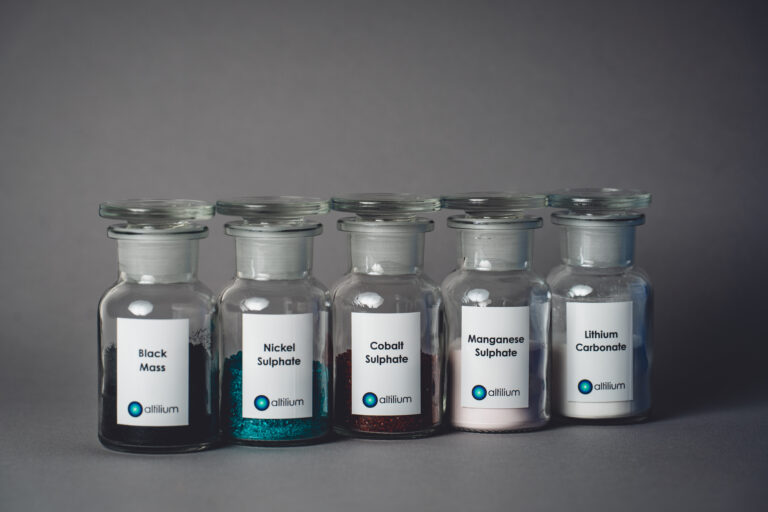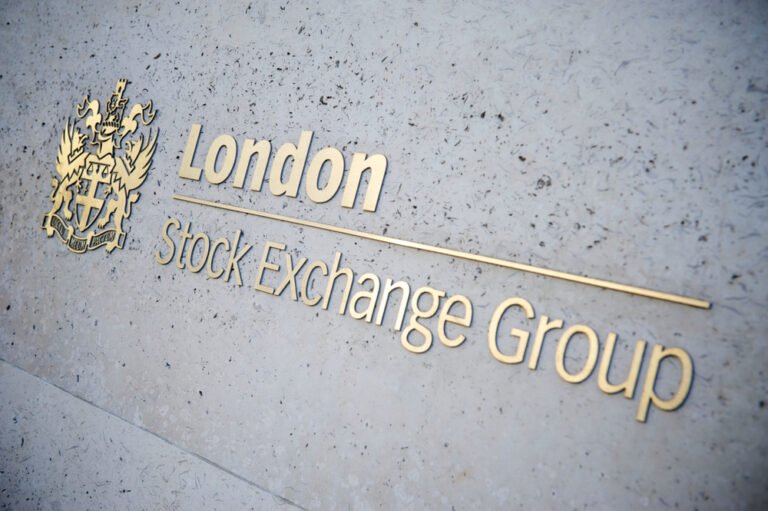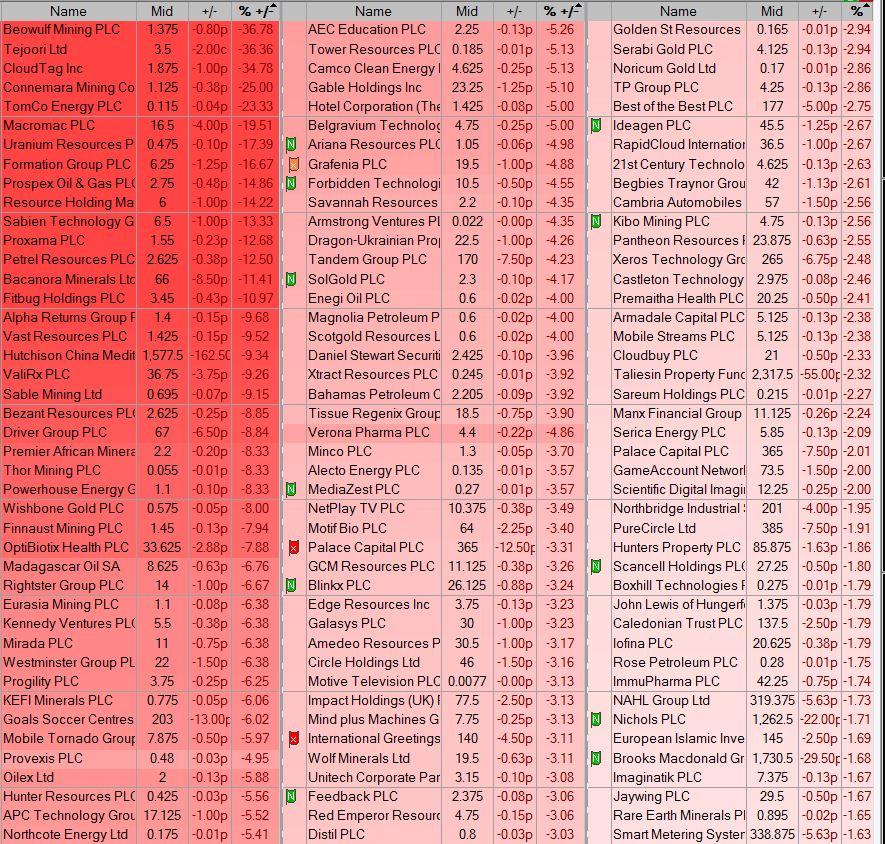As EV adoption accelerates, the UK faces a twin challenge: managing the surge in end-of-life batteries and reducing strategic dependence on China, which currently controls over 70% of the global battery refining market. From 2031, new EU regulations will mandate minimum levels of recycled content in all EV batteries sold, raising the stakes for a domestic, sustainable solutions.
Altilium, named by PwC as one of the UK’s Top 50 Climate Tech Startups, is rising to that challenge. Backed by £15 million in funding from global investors, including SQM (the world’s largest lithium producer), Marubeni and Mizuho Bank and a further £5 million in Innovate UK grants, Altilium is delivering cutting-edge battery recycling solutions. This includes UK Government backed flagship projects with Nissan and Jaguar Land Rover through the Advanced Propulsion Centre.
Altilium operates the UK’s only functioning EV battery recycling facility and is the UK’s only one-stop shop for sustainable battery materials, as well as pCAM and CAM. The company is now scaling up to build the UK’s first commercial-scale plant for battery-grade Cathode Active Materials (CAM), supporting a domestic circular supply chain for electric vehicle batteries.
Using proprietary green recycling technology, with multiple patents pending, Altilium recovers critical materials — including lithium, nickel, cobalt, and graphite — from end-of-life EV batteries and production scrap. The company’s low-carbon process, independently validated by Imperial College London and the UK Battery Industrialisation Centre (UKBIC), delivers a 74% reduction in CO₂ emissions compared to conventional mining. Recovered materials have already been tested in automotive-grade battery cells and approved for gigafactory-scale trials. Testing by Imperial confirms that Altilium’s recycled materials perform on par with virgin, commercially sourced materials.
The market opportunity is immense, with strong regulatory tailwinds supporting Altilium’s business model. New EU rules set minimum requirements for recycled lithium, nickel, and cobalt in new batteries and a green premium is expected for sustainably sourced recycled battery materials. The global cathode materials market is projected to reach £101.29 billion by 2032, growing at a CAGR of 17.2%. In the UK and Europe, supply shortfalls of battery-grade materials are expected from 2026 onwards as gigafactories scale up. Altilium is the first and only UK company producing recycled CAM at pilot scale, offering a local, low-carbon solution to this critical supply chain bottleneck.
Retail investors now have a rare opportunity to help power the UK’s green energy future. Altilium has opened its Series B1 non-institutional investment round in partnership with R Europe (formerly Seedrs), giving investors the chance to support the growth of a UK-based clean tech company at the forefront of battery recycling and sustainable EV materials.
Proceeds will support detailed engineering works, a critical milestone on the path to constructing Altilium’s first full-scale EV battery recycling facility in Teesside. Once operational, the plant will process waste from up to 150,000 electric vehicles per year and is projected to supply 20% of the UK’s demand for battery-grade Cathode Active Materials (CAM) by 2030.
Dr Christian Marston, COO of Altilium, said:
“Recycled battery materials are no longer optional, they’re a regulatory, environmental and economic necessity. Altilium offers the UK a route to energy independence, industrial resilience and a truly circular EV supply chain. This crowdfunding round is an opportunity to invest early in the next generation of clean energy infrastructure.”
Join us in building a domestic supply chain for critical battery materials to support UK energy security and accelerate the transition to net zero.
About Altilium
Altilium Clean Technology is the UK only recycler of end-of-life EV batteries and producer of low-carbon cathode materials. The company’s revenue model includes– Sale of recycled battery raw materials, including lithium, commercialisation of precursor and cathode active materials (pCAM & CAM) and global licensing of its proprietary clean technology.
Join Altilium in developing a sustainable, domestic supply chain for critical battery materials, strengthening UK energy security and accelerating the transition to net zero.
To learn more and invest, visit: https://europe.republic.com/altilium











